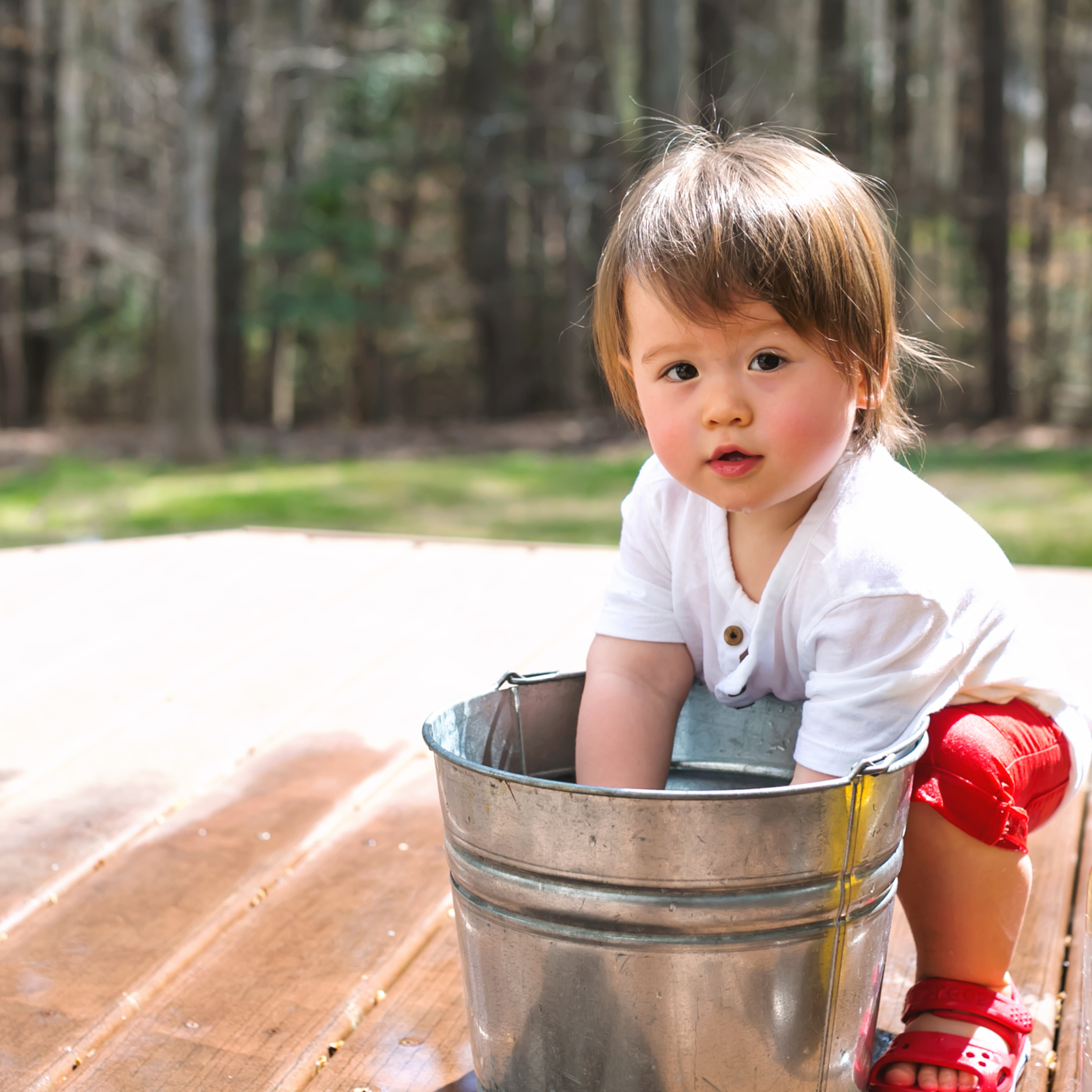· Beth & Michelle · Blog · 4 min read
When Do Speech Sounds Develop? A Parent’s Guide to Understanding Speech Sound Milestones

As parents, one of our most favorite milestones is our children’s first words! As they grow, their speech is expected to become clearer - but what if your 4 year old still says “tat” instead of “cat?” Or if your 5 year old continues to say “poon” for “spoon?”
If you are wondering when children are supposed to develop certain speech sounds - or whether your child’s speech is on track - you are not alone.
Here’s everything you need to know about typical speech development, common speech errors, and when it might be time to seek support from a speech and language pathologist.
What Are Speech Sounds?
Before we dive in, let’s define what we mean by speech sounds. Speech sounds are the specific sounds - like “b,” “g,” and “s” - that make up spoken words. Children gradually learn to produce these sounds correctly and their speech and motor skills develop. This process is called speech sound development.
When Do Speech Sounds Develop?
All children develop at their own pace, but research gives us general guidelines for when most children can produce certain sounds clearly.
Here’s a simplified list to help:
- Between ages 2-3, children are expected to be able to produce “p,” “b,” “m,” “d,” “n,” “h,” “t,” “k,” “g”, “w,” “ng,” “f,” adn “y”
- By age 4, children start producing “l,” “j,” “ch,” “sh,” “v,” “s,” and “z”
- By age 5, children will say “r,” “zh” (as in treasure), and voiced “th” (as in this)
- By age 6, the last sound to develop is voiceless “th” (as in thumb)
What Speech Errors Are Normal?
Here’s the tricky part - speech errors are a normal part of learning to talk! Many children go through phases where they substitute one sound for another! These expected speech error patterns are called phonological processes.
Below are some common phonological processes and when they typically go away:
- Final Consonant Deletion: ”ca” for “cat” ➡️ resolves by age 3
- Fronting: ”tat” for “cat” ➡️ resolves around age 3
- Reduplication: ”baba” for “bottle ➡️ resolves by age 3
- Stopping: ”tun” for “sun” ➡️ resolves by 3.5 years
- Weak Syllable Deletion: ”nana” for “banana” ➡️ resolves by 3.5 years
- Cluster Reduction: ”poon” for “spoon” ➡️ resolves around age 4
- Assimilation: ”gog” for dog ➡️ resolves around age 4
- Deaffrication: “tip” for “chip” ➡️ resolves by 4.5 years
- Gliding: ”wabbit” for “rabbit ➡️ resolves by age 5
However, some speech errors are not typical at any age and may indicate the need for support:
- Backing: “guck” for “duck”
- Initial Consonant Deletion: ”up” for “cup”
If you notice these patterns, it’s a good idea to consult a speech and language pathologist.
When Should Parents Be Concerned?
If your child’s speech is hard to understand compared to their peers or if sound errors persist past the expected age, it may be time to seek support.
But the bottom line is this: trust your gut. You know your child best.
Why Early Support Matters
Early identification and support can make a BIG difference. Children’s brains are naturally wired for language learning and early support through speech therapy can help them master sounds more easily and build confidence in their communication.
What Parents Can Do at Home
Here are some simple, everyday ways to support your child’s speech development:
- Model clear speech: Repeat your child’s words back with correct pronunciation - without pressuring them to repeat.
- Read aloud daily: Books expose children to a variety of sounds and vocabulary.
- Play sound games: Try rhyming games, “I spy,” or singing silly songs.
- Talk during routines: Narrate everyday activities like meals, bath time, or getting dressed.
Final Thoughts…
If something doesn’t feel quite right with your child’s speech, it’s okay to ask questions. A quick screening with a speech and language pathologist can give you clarity, and maybe even peace of mind.
Remember: you’re not alone, and support is available.



